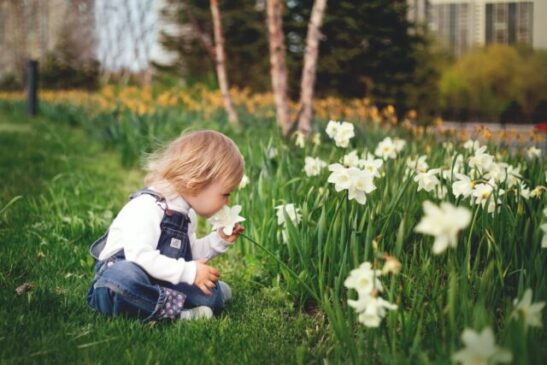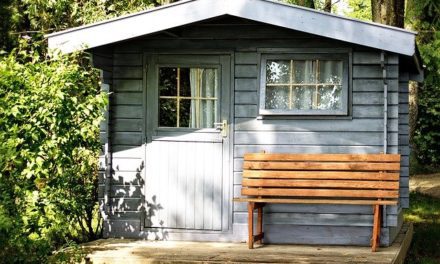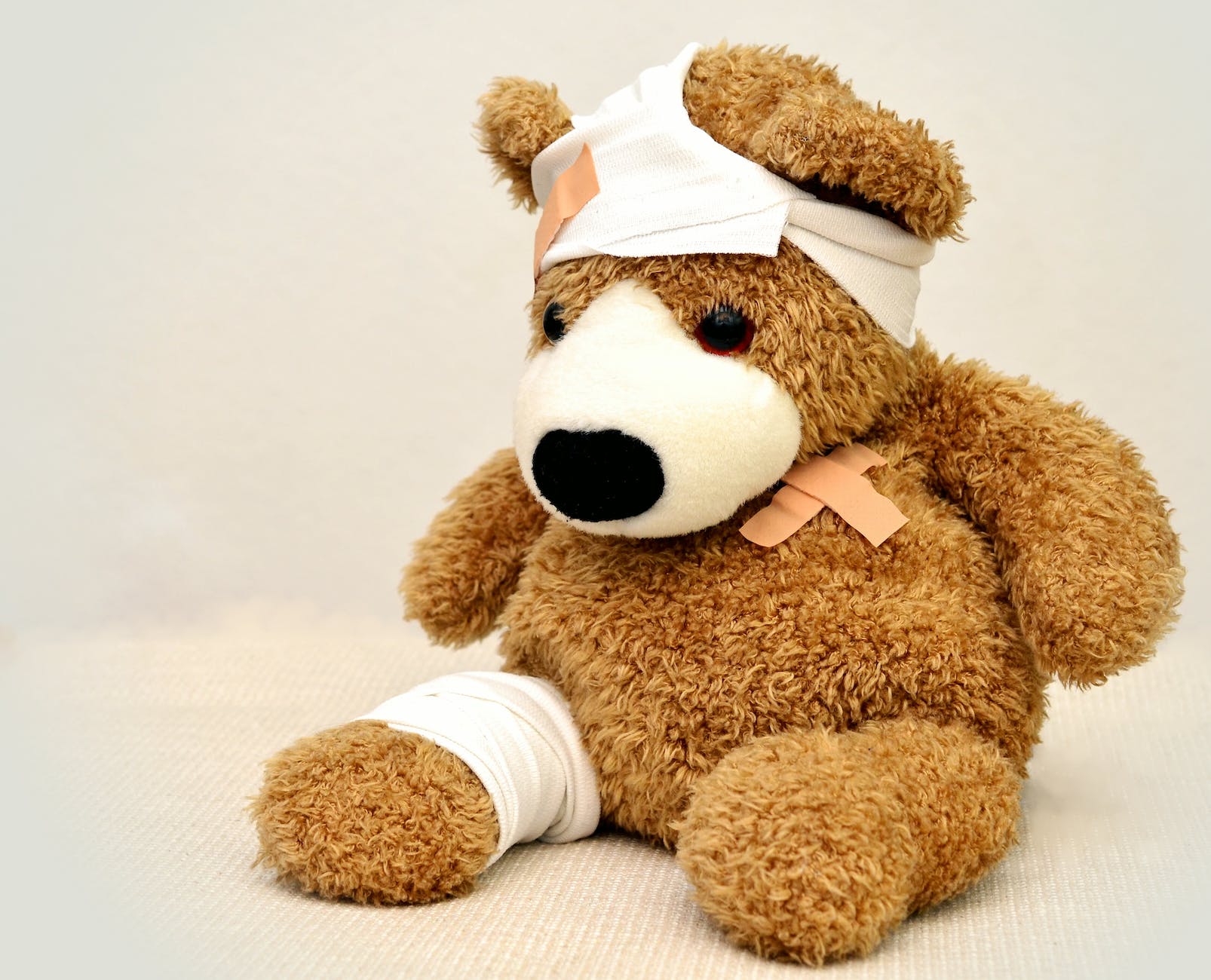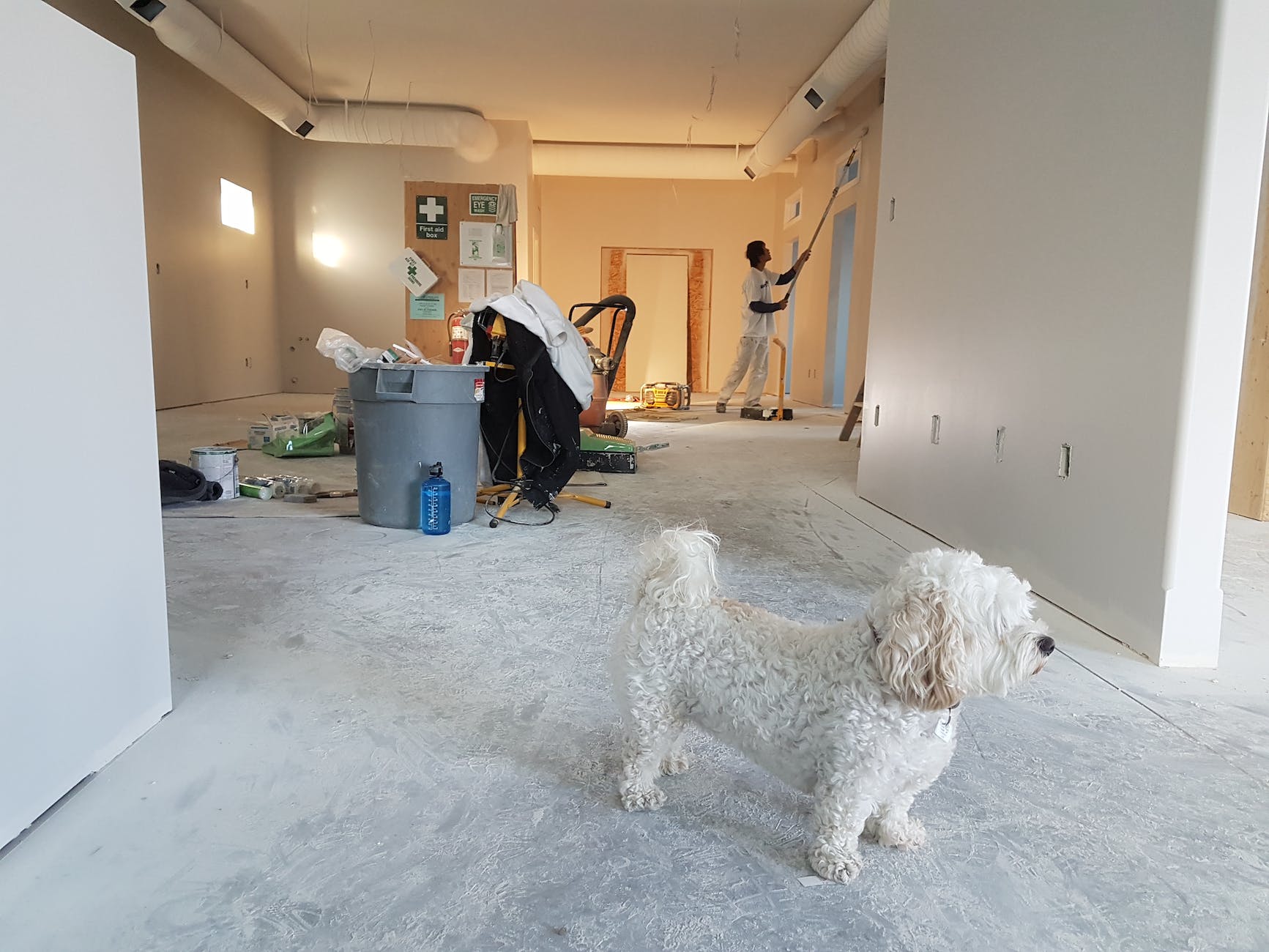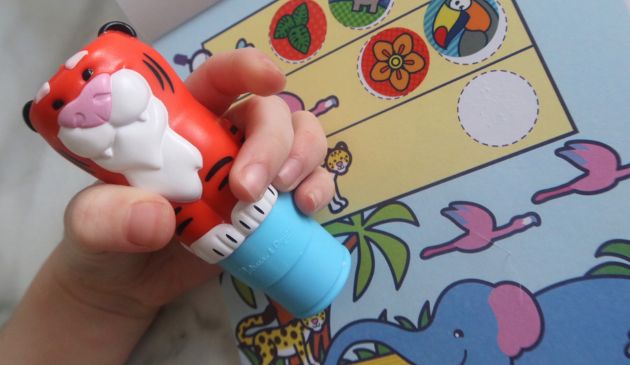
Helping your child become more independent

This is a collaborative post
Gaining independence is an important part of growing and maturing, and the ability to do things without help is a skill your child will use throughout their life. There are many things we can do as parents to support our children with this, and it’s in their best interest to teach them self-reliance for the future. Here a private school in Essex explores some of the ways you can help your child become more independent.
Organising their own schedule
The first thing you can do to encourage independence is ask your child to organise their schedule themselves. Give them a calendar and prompt them to write down important dates and deadlines, for example, birthdays they need to remember to buy presents for or homework projects they need to complete by a certain date. They may also need to write down appointments such as for seeing the doctor or dentist. Once the calendar’s filled in, tell your child that it’s up to them to look at it frequently and prepare for each event in good time. This will teach them not to rely on anyone else to keep them organised.
Spending time away from the home
Encourage your child to spend a good amount of time away from home, going on social outings with friends, taking part in extra-curricular activities or volunteering in the community (depending on their age). Spending time away from you will foster their independence while also increasing their confidence and self-esteem. Through this children also learn that there is more to life than their home and their parents, and it encourages them to step outside of their comfort zone regularly.
Doing household chores
Getting your child involved in household activities will teach them valuable life skills. Washing or drying dishes, putting laundry on and tidying their bedrooms helps children learn that the whole family is responsible for keeping a clean and tidy home, and it’s not just their parents’ job. Assigning specific chores to your child will give them a sense of responsibility while boosting their self-esteem – they’ll see that they can make a valuable contribution to the family.
Caring for others
If your child has a younger sibling, ask them to help you look after them, for example watching them for a couple of minutes while you leave the room or helping you bathe them. If they don’t have a sibling, they can care for others in different ways, such as helping a grandparent with shopping or volunteering to help the elderly. Caring for others helps children learn responsibility and keeps them grounded – important skills for the future.







